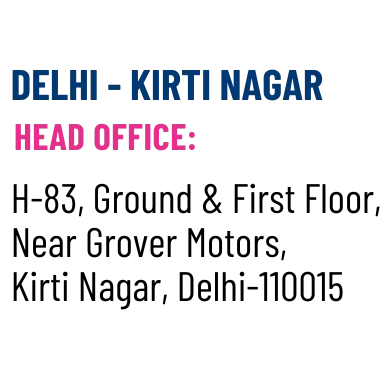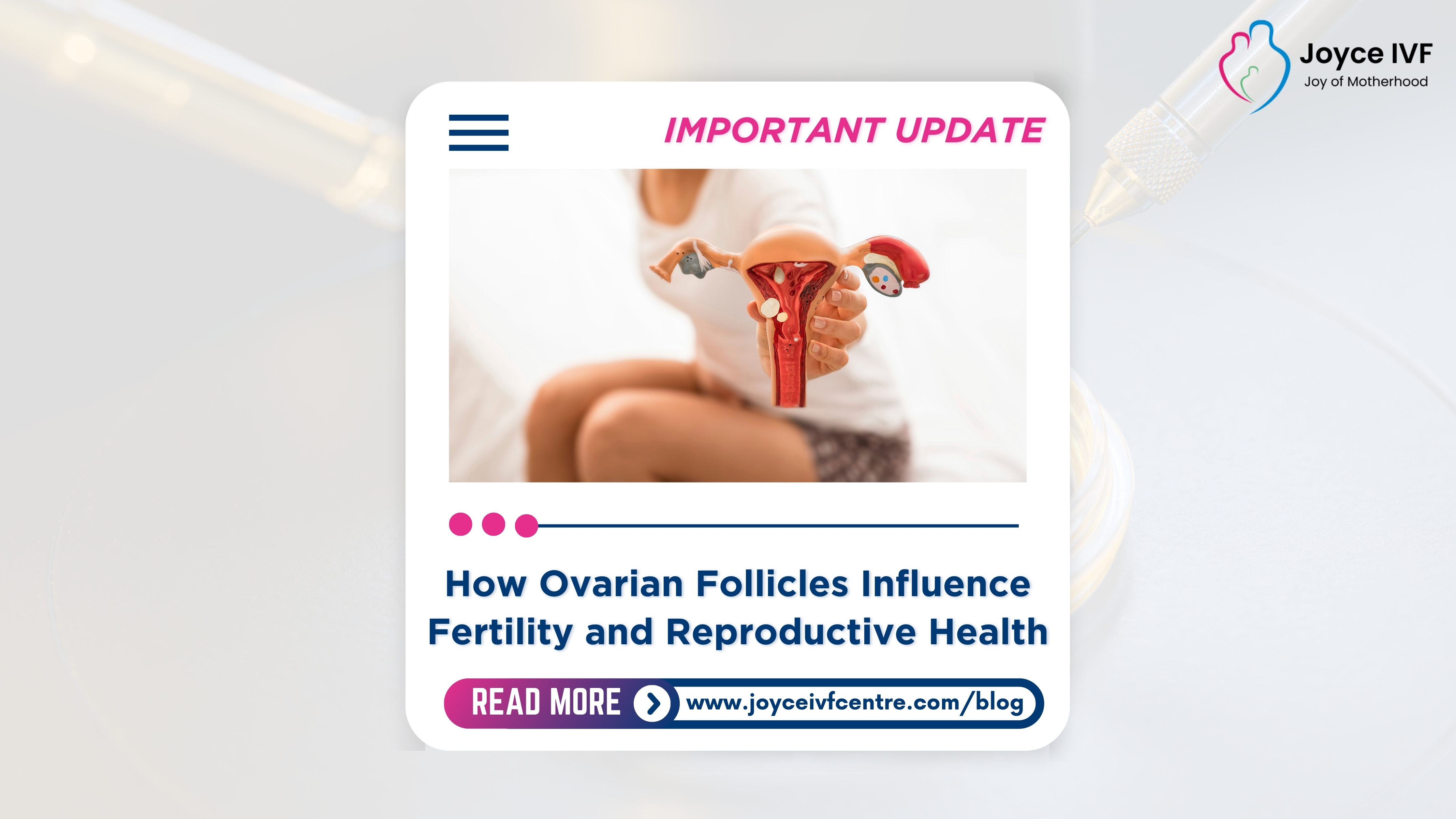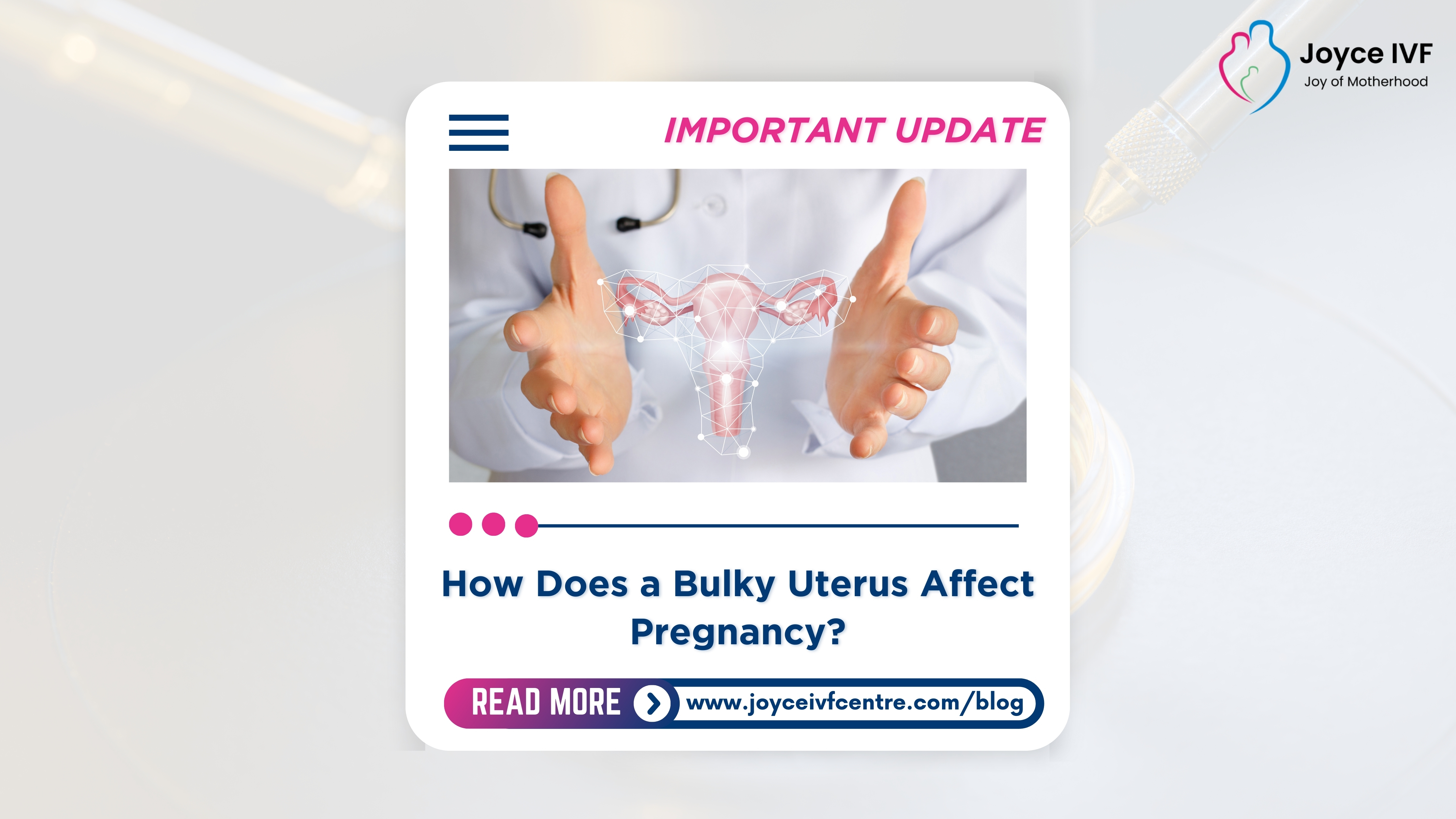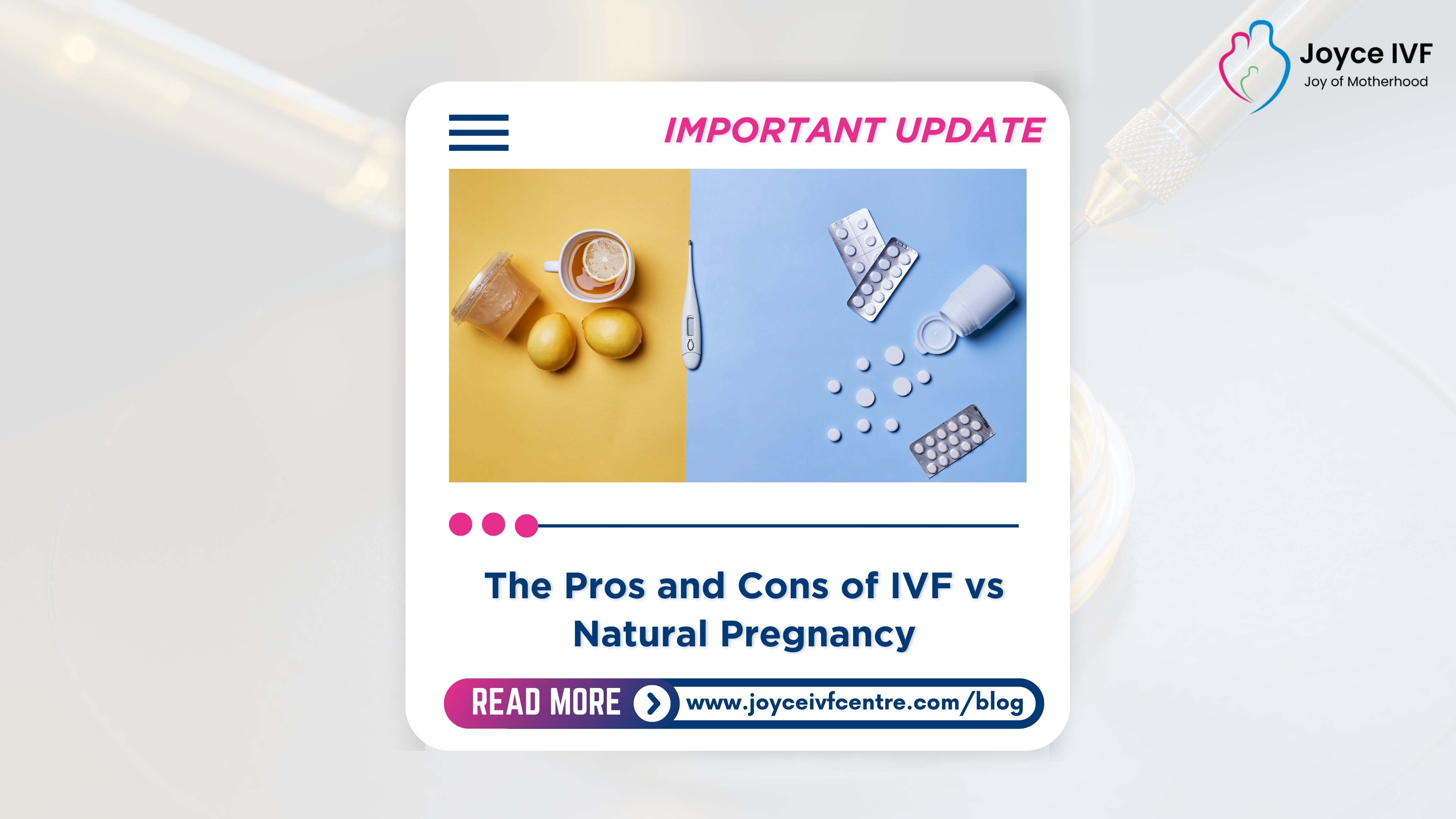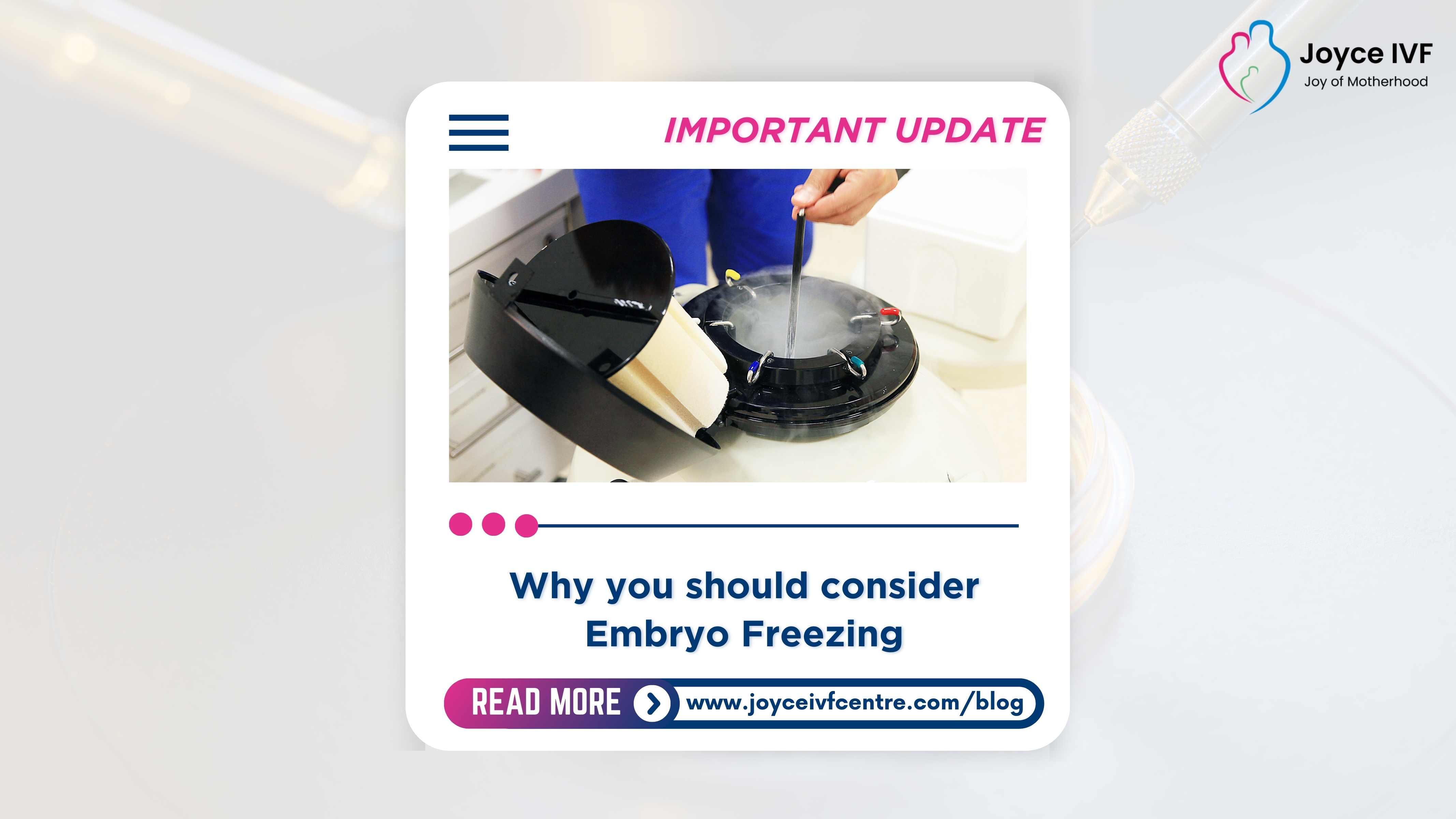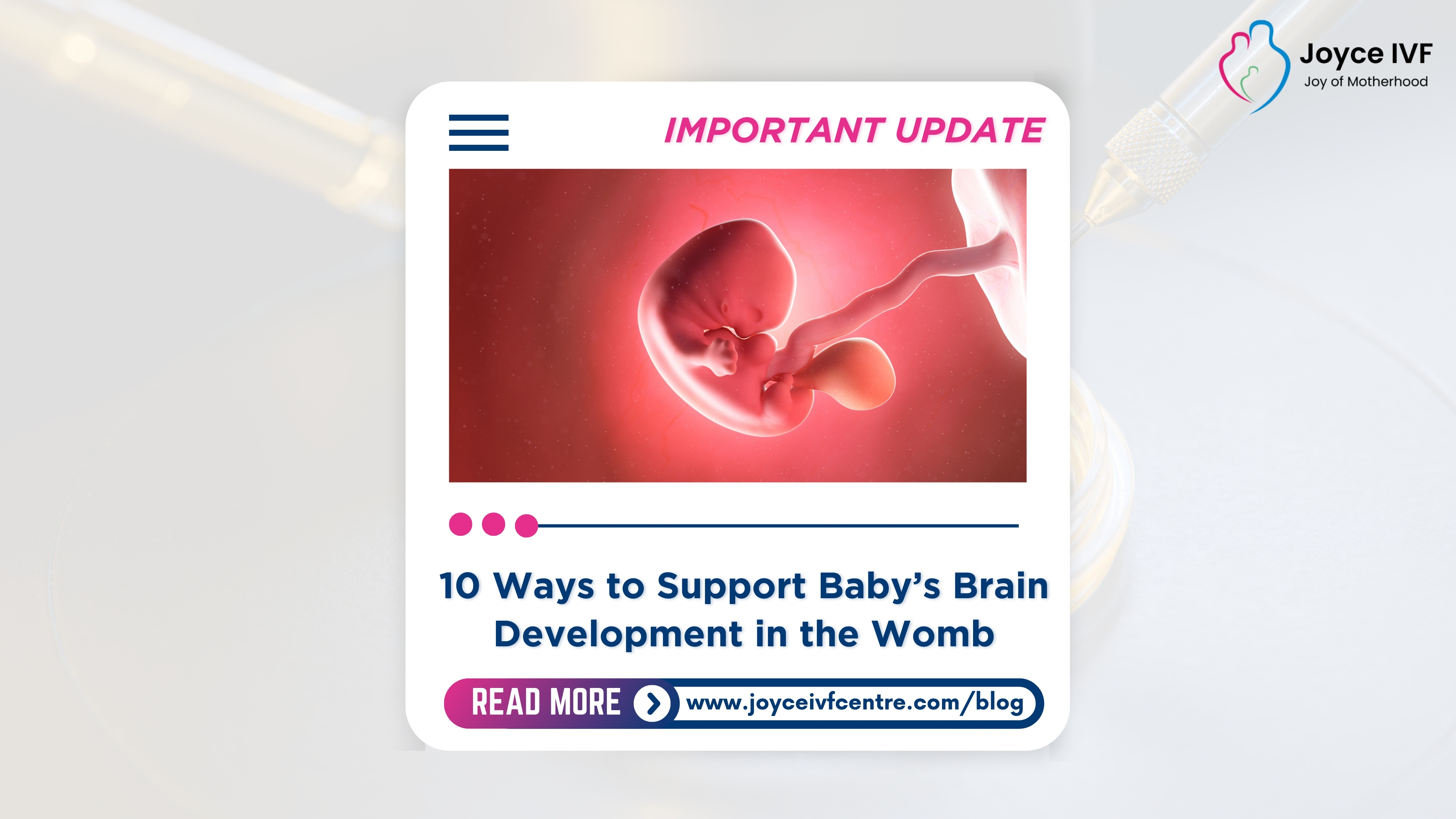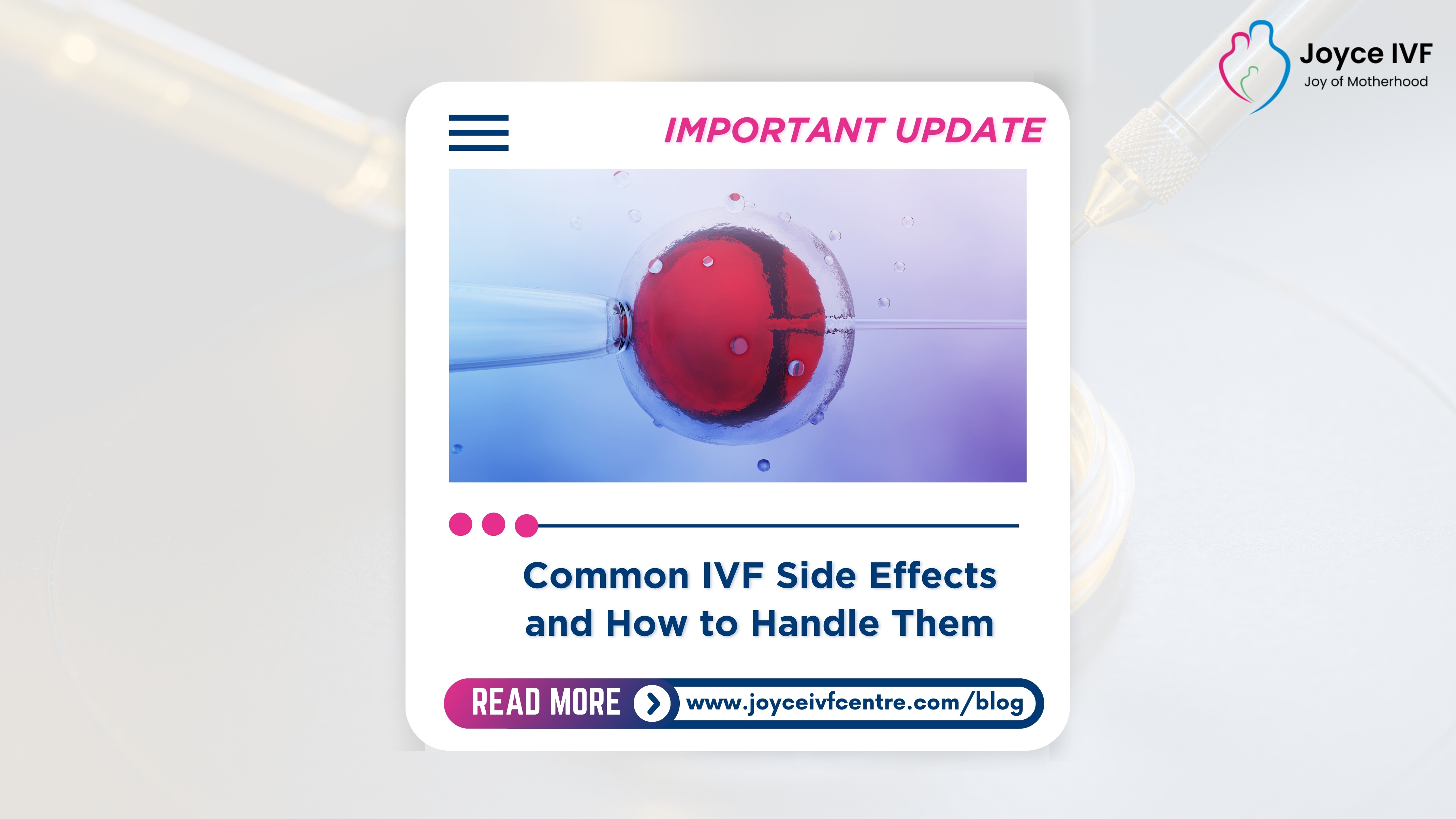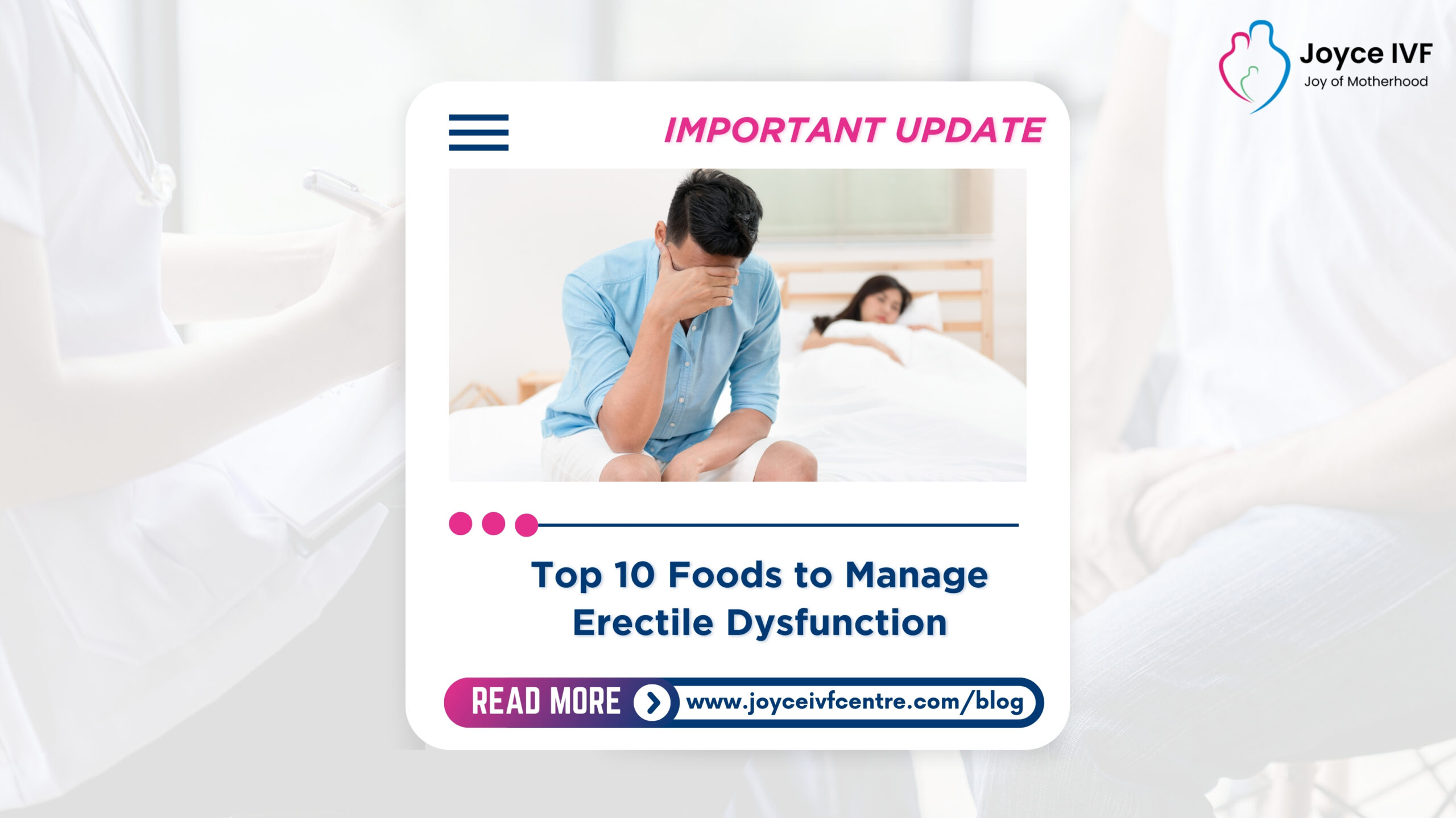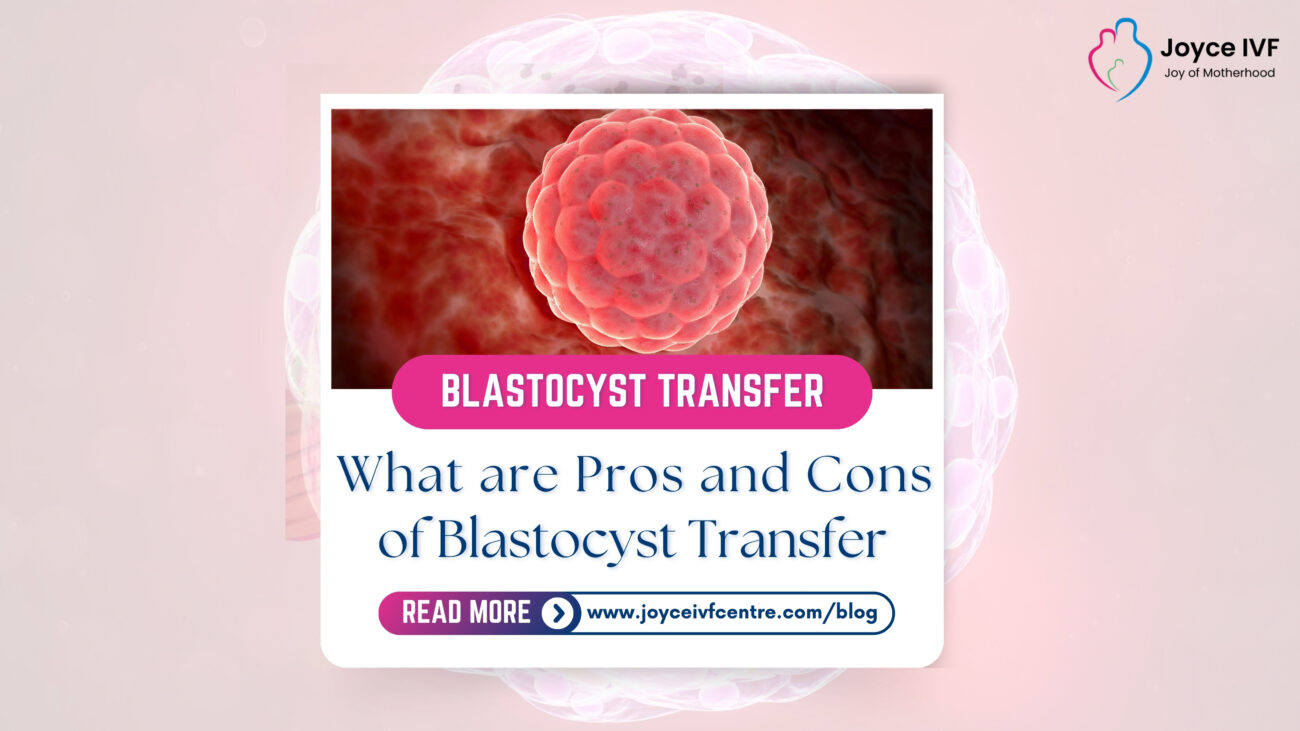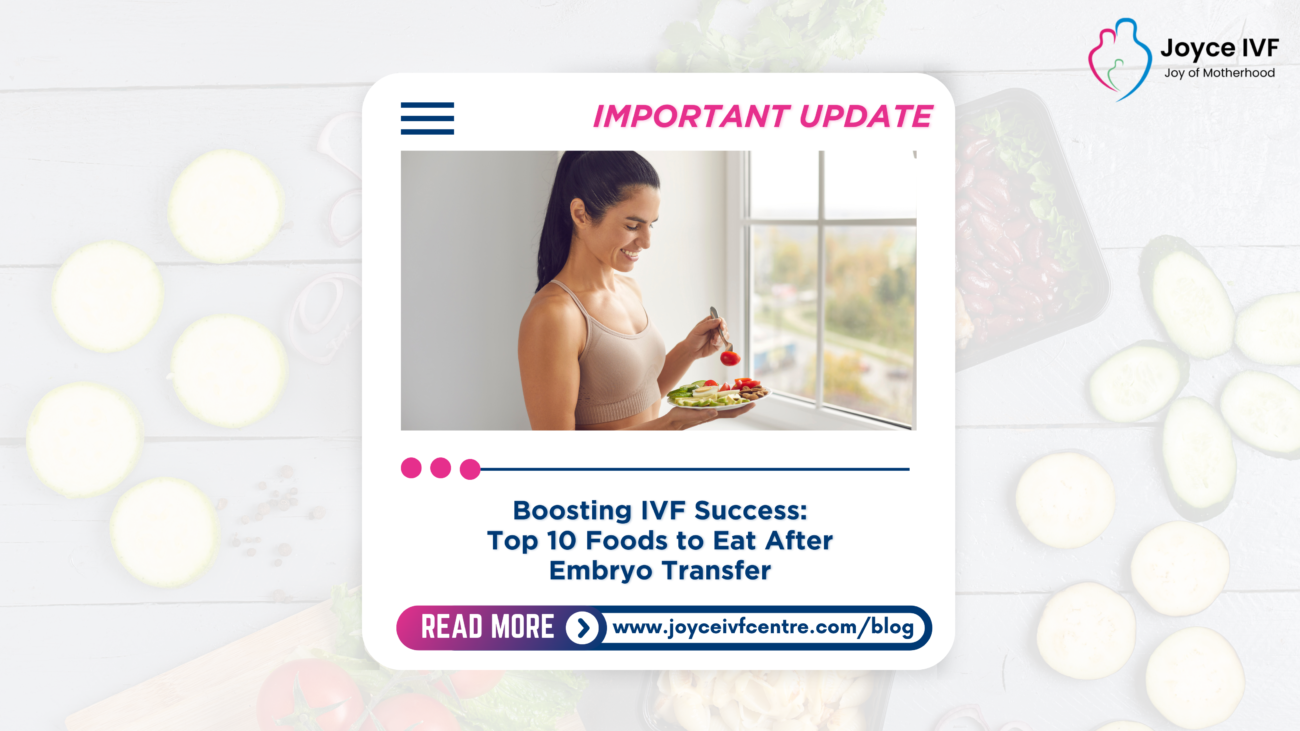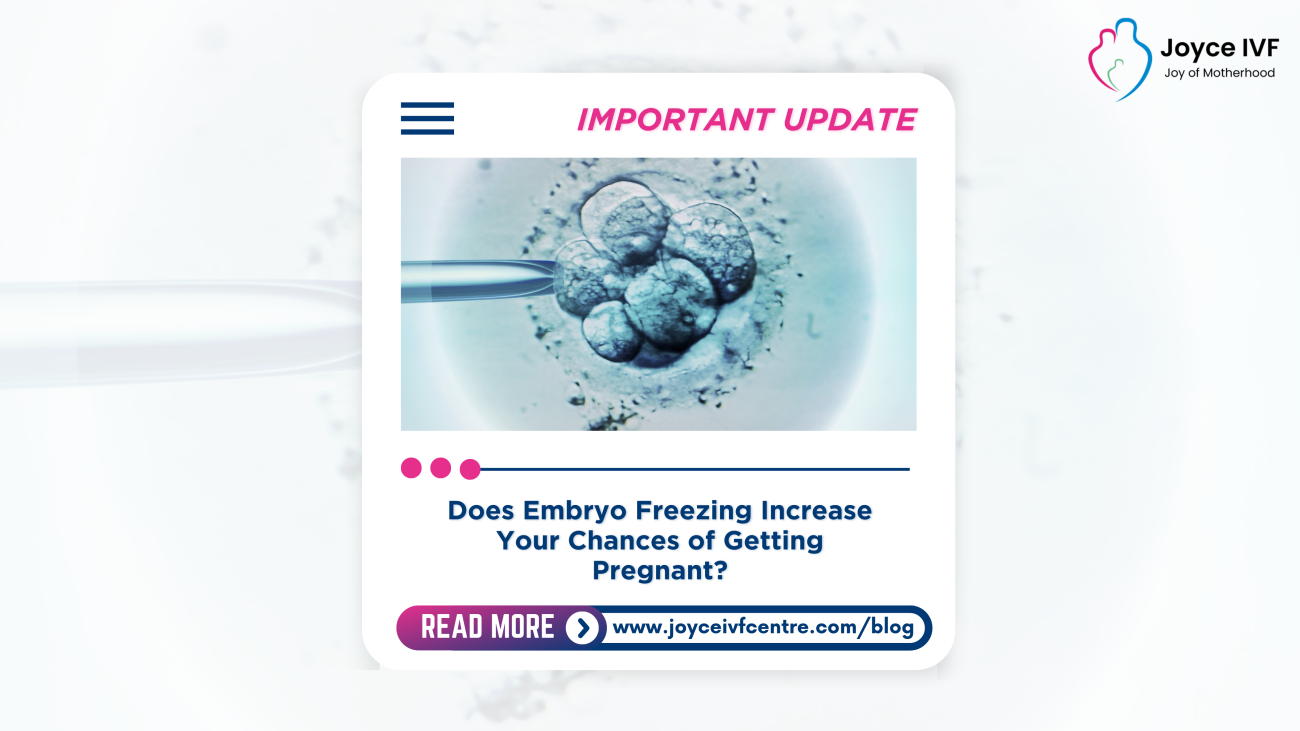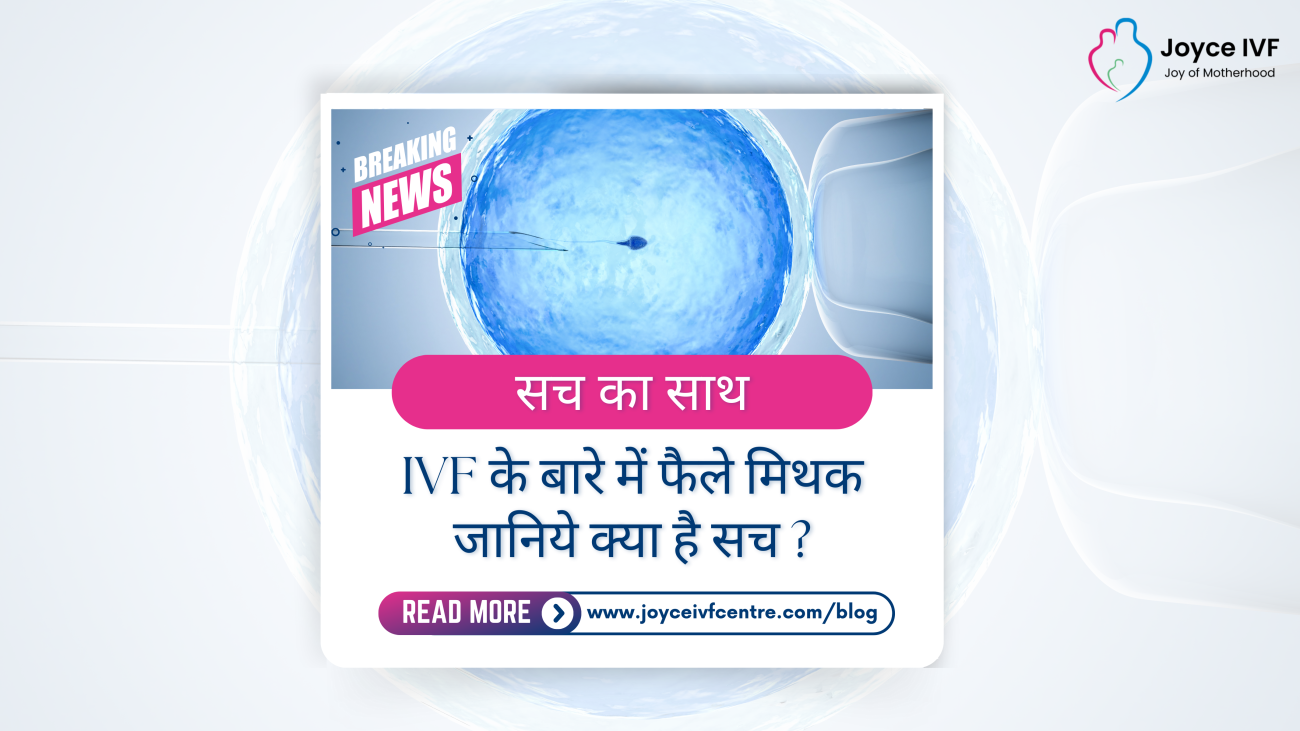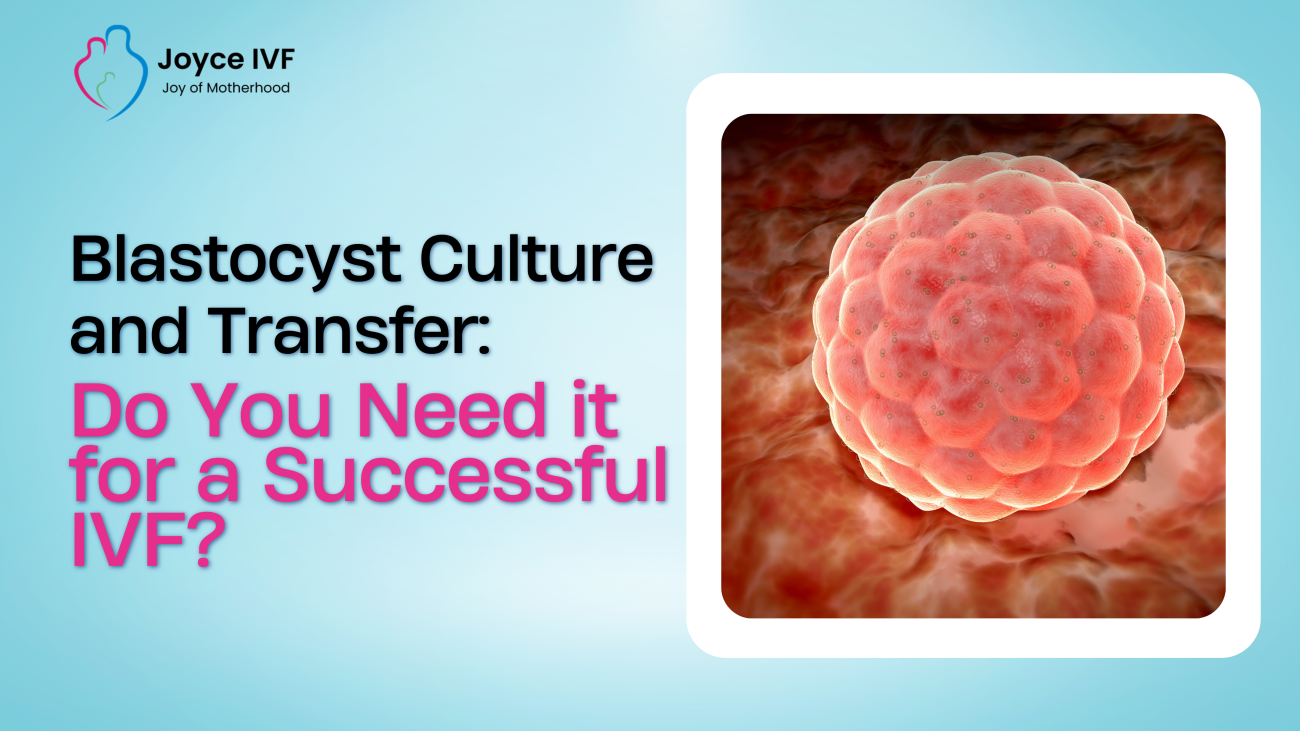Fertility and reproductive health are topics that many individuals and couples navigate during their life’s journey. One of the key components in understanding fertility is the ovarian follicle, a crucial element in the female reproductive system. Ovarian follicles are responsible for producing eggs, and their health directly impacts a woman’s ability to conceive. Understanding how ovarian follicles influence fertility can help women make informed decisions about their reproductive health, particularly for those considering assisted reproductive technologies (ART) like IVF. If you’re seeking expert assistance, whether at an IVF centre in Srinagar or the best IVF centre in Delhi, understanding ovarian follicles is essential to understanding fertility and reproductive health.
What Are Ovarian Follicles?
Ovarian follicles are small sacs filled with fluid that are located within a woman’s ovaries. Each follicle contains an immature egg, also known as an oocyte. These follicles undergo growth and maturation during each menstrual cycle. Typically, several follicles start to grow in each cycle, but usually, only one follicle will become dominant and release a mature egg during ovulation.
The number and quality of ovarian follicles play a significant role in determining a woman’s fertility. As women age, the number of follicles decreases, and their quality can also decline, which may contribute to difficulties in conceiving. Let’s explore how ovarian follicles influence fertility in more detail.
How Do Ovarian Follicles Work?
Each woman is born with a finite number of ovarian follicles. These follicles start out as primordial follicles, which are immature and non-functional. Over time, some of these follicles mature, but only a select few will continue to grow and develop into dominant follicles capable of releasing an egg.
Here’s the process in more detail:
- Follicular Development: At the start of each menstrual cycle, several follicles begin to mature, but only one typically reaches maturity. The others undergo a process called atresia, where they shrink and are absorbed by the body.
- Dominant Follicle Selection: The follicle that matures and reaches full size becomes the dominant follicle. This follicle is the one that will release an egg during ovulation.
- Ovulation: When the dominant follicle is ready, it ruptures, releasing the egg into the fallopian tube where it may be fertilized by sperm.
- Remaining Follicles: The follicles that did not mature into the dominant follicle do not release eggs. However, they may still have an influence on fertility by producing hormones such as estrogen, which help regulate the menstrual cycle.
Ovarian Follicles and Fertility
The health and quality of ovarian follicles are crucial to fertility. If the follicles are not developing properly or there is a limited supply of healthy follicles, it can hinder the chances of conception. Here’s how ovarian follicles impact fertility:
1. Follicle Count and Ovarian Reserve
Ovarian reserve refers to the number of healthy, functional eggs a woman has left. Women are born with all the eggs they will ever have, and over time, the number of eggs in the ovaries decreases. As women age, the number of ovarian follicles also declines, and the remaining eggs may not be as healthy as they were in younger years. This decline in ovarian reserve can affect a woman’s fertility, making it more difficult to conceive.
For women undergoing fertility treatment at an IVF centre in Srinagar or a best IVF centre in Delhi, assessing ovarian reserve through tests like an ultrasound or measuring hormone levels (such as AMH – Anti-Müllerian Hormone) helps doctors understand how many healthy follicles are available for fertilization.
2. Follicle Quality
In addition to the number of follicles, their quality is just as important for fertility. Follicles that contain eggs with chromosomal abnormalities or other defects may not lead to successful fertilization or pregnancy. Healthy follicles produce high-quality eggs that are more likely to be fertilized and lead to a viable pregnancy.
Egg quality naturally declines with age, and as women approach their late 30s and 40s, the quality of their ovarian follicles diminishes. This is why age is a key factor when considering IVF or other fertility treatments. Women who have a lower number of healthy follicles may need to consider options like egg donation or IVF with donor eggs to increase their chances of conception.
3. Hormonal Imbalances and Ovarian Function
The hormones produced by the follicles are essential for regulating the menstrual cycle, ovulation, and fertility. For example, estrogen, produced by the developing follicles, helps thicken the uterine lining to prepare for potential pregnancy. If the follicles do not produce enough estrogen, the uterine lining may not develop properly, making implantation difficult.
If there are hormonal imbalances, it can interfere with the development and function of ovarian follicles. Conditions such as polycystic ovary syndrome (PCOS) can affect the number and quality of follicles and cause irregular ovulation, which makes it more challenging to conceive.
Ovarian Follicles and IVF Treatment
For women undergoing IVF, ovarian follicles are essential to the success of the procedure. IVF relies on stimulating the ovaries to produce multiple mature eggs, which are then retrieved, fertilized in the lab, and transferred to the uterus. The number and quality of ovarian follicles directly impact the number of eggs retrieved during IVF.
Fertility specialists use hormone injections to stimulate the ovaries to produce multiple follicles, and the process is carefully monitored through ultrasounds and blood tests. Monitoring follicular growth helps doctors assess how well the ovaries are responding to treatment and ensures that the eggs are collected at the optimal time.
In some cases, women may not have enough follicles, or their follicles may not mature properly. In these situations, a fertility specialist may recommend using donor eggs or advanced techniques like egg freezing to improve the chances of pregnancy.
Improving Follicle Health
There are steps women can take to improve the health of their ovarian follicles and increase their chances of conception:
- Maintain a Healthy Lifestyle: Regular exercise, a balanced diet, and managing stress levels can improve overall reproductive health.
- Avoid Toxins: Exposure to toxins such as smoking, excessive alcohol, and environmental pollutants can negatively affect ovarian function and egg quality.
- Consider Supplements: Certain vitamins and supplements, such as folic acid, vitamin D, and CoQ10, may support healthy follicle development and egg quality.
- Consult a Fertility Specialist: If you are struggling to conceive, visiting a fertility specialist at an IVF centre in Srinagar or the best IVF centre in Delhi can provide personalized guidance on improving your fertility.
FAQs About Ovarian Follicles and Fertility
1. How many ovarian follicles should I have?
The number of follicles varies depending on age and individual health. Typically, younger women have more follicles, while older women have fewer. A fertility doctor can assess your ovarian reserve through tests like an ultrasound or blood work.
2. What is a normal follicle size for ovulation?
A mature follicle is usually around 18–24 mm in diameter when it is ready to release an egg during ovulation. Follicles that are too small or too large may not contain viable eggs.
3. How can I improve the health of my ovarian follicles?
Maintaining a healthy lifestyle, avoiding smoking and excessive alcohol, managing stress, and taking fertility supplements may help support the health of ovarian follicles. Your fertility specialist can provide further guidance.
4. Can I still conceive with a low number of ovarian follicles?
Yes, many women with a low number of ovarian follicles can still conceive, particularly with the assistance of fertility treatments like IVF. A fertility specialist will work with you to develop a personalized treatment plan.
5. How does age affect ovarian follicles?
As women age, both the number and quality of ovarian follicles decrease, making it more difficult to conceive. Women in their 30s and 40s may experience reduced ovarian reserve and egg quality, which can impact fertility.
Conclusion
Ovarian follicles are at the core of fertility and reproductive health. Their quality and quantity can greatly influence a woman’s ability to conceive naturally or through assisted reproductive technologies like IVF. For women considering fertility treatment at an IVF centre in Srinagar or the best IVF centre in Delhi, understanding the role of ovarian follicles is crucial for making informed decisions about their reproductive health. By focusing on maintaining follicle health and seeking the right fertility support, women can improve their chances of a successful pregnancy and parenthood.




